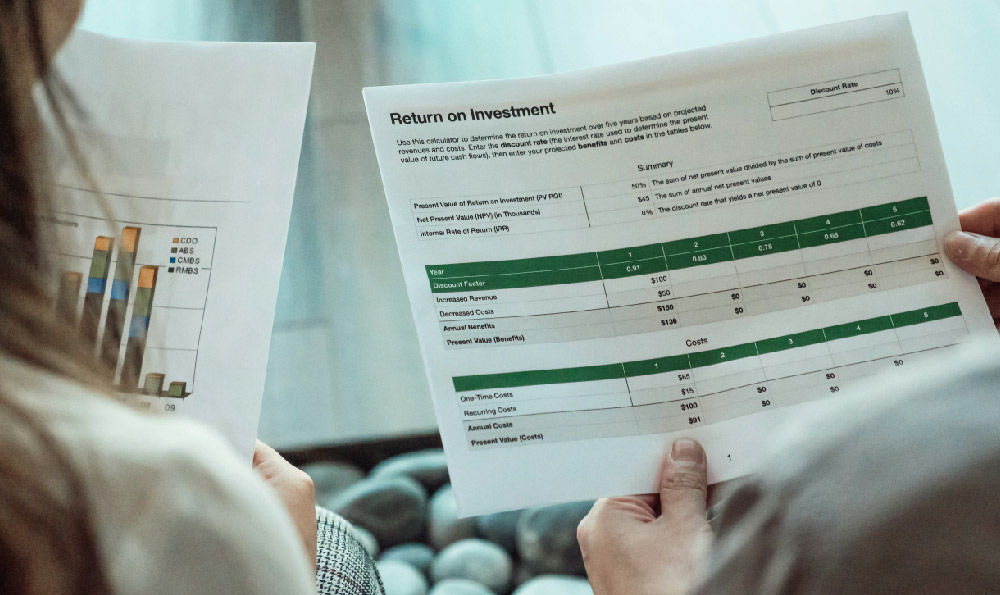Investing in low-cost index funds has become a cornerstone strategy for long-term wealth accumulation and risk management. Their simplicity, diversification, and historically proven returns make them attractive to both novice and seasoned investors. Understanding how and why to utilize these funds can significantly improve your portfolio's performance and your overall financial well-being.
The core concept behind index funds is to mirror the performance of a specific market index, such as the S&P 500, the Nasdaq 100, or a broad market index encompassing the entire U.S. stock market. Instead of attempting to pick individual stocks that might outperform the market (an inherently difficult and often unsuccessful endeavor), an index fund holds all or a representative sample of the securities included in that index, weighted proportionally. This passive management style is what leads to their remarkably low expense ratios.
To begin investing in these funds, you'll need a brokerage account. Many online brokers offer commission-free trading on a wide range of index funds. Research different brokers to find one that aligns with your needs regarding account minimums, trading platforms, and available research tools. Once you've opened an account, you can search for index funds that track the specific indices you're interested in. Carefully examine the fund's prospectus before investing. Pay close attention to the expense ratio, which is the annual fee charged to manage the fund. Low-cost index funds typically have expense ratios below 0.20%, and some are even lower than 0.05%. Consider the fund's tracking error, which measures how closely it follows the performance of its target index. A lower tracking error indicates a more precise replication.

Choosing the right index funds depends on your investment goals, risk tolerance, and time horizon. For investors with a long-term perspective (e.g., saving for retirement), a diversified portfolio of index funds that covers different market segments is often recommended. This might include a U.S. total stock market index fund, an international stock market index fund, and a U.S. bond market index fund. The allocation among these asset classes should be based on your risk tolerance and time horizon. Younger investors with a longer time horizon can typically afford to allocate a larger portion of their portfolio to stocks, which offer higher potential returns but also carry greater risk. As you approach retirement, gradually shifting towards a more conservative allocation with a higher percentage of bonds can help protect your capital.
Dollar-cost averaging is a particularly effective strategy when investing in index funds. This involves investing a fixed dollar amount at regular intervals (e.g., monthly or quarterly), regardless of the market's current level. By investing a consistent amount, you'll buy more shares when prices are low and fewer shares when prices are high, effectively averaging out your purchase price over time and mitigating the risk of investing a lump sum at a market peak.
The advantages of investing in low-cost index funds are numerous. Firstly, they offer instant diversification. By owning a single index fund, you gain exposure to hundreds or even thousands of different companies, which reduces your portfolio's vulnerability to the fortunes of any single stock. Secondly, their low expense ratios significantly reduce the drag on your returns. Actively managed funds, which are managed by professional fund managers who attempt to beat the market, typically have much higher expense ratios, and studies have consistently shown that the vast majority of actively managed funds underperform their benchmark indices over the long term, net of fees. Thirdly, index funds are tax-efficient. Their low turnover rate (the frequency with which the fund buys and sells securities) minimizes capital gains taxes, which can eat into your returns, especially in taxable accounts.
However, there are also some considerations to keep in mind. Index funds track the market, so they will experience declines during market downturns. While diversification helps to mitigate risk, it doesn't eliminate it entirely. It's crucial to have a long-term perspective and avoid panic selling during periods of market volatility. Furthermore, it's important to rebalance your portfolio periodically to maintain your desired asset allocation. Over time, some asset classes may outperform others, causing your portfolio's allocation to drift away from your target. Rebalancing involves selling some of the overperforming assets and buying some of the underperforming assets to bring your portfolio back into alignment.
Beyond simply buying and holding, it is also important to continuously monitor your investment strategy. While index funds are inherently passive, the underlying market conditions and your personal financial circumstances can change. Regularly review your investment goals, risk tolerance, and time horizon to ensure that your portfolio remains aligned with your needs. Consider consulting with a financial advisor to get personalized guidance and support.
Finally, be wary of investment scams and high-pressure sales tactics. If an investment opportunity sounds too good to be true, it probably is. Always do your own research and due diligence before investing any money. Stick to reputable brokers and investment firms that are regulated by the Securities and Exchange Commission (SEC) or other relevant regulatory agencies. Avoid investments that are overly complex or difficult to understand.
In conclusion, investing in low-cost index funds is a powerful and prudent strategy for building long-term wealth. By understanding the principles behind these funds, choosing the right investments for your needs, and maintaining a disciplined approach, you can significantly improve your chances of achieving your financial goals. Remember to prioritize diversification, keep costs low, and stay focused on the long term. With careful planning and patience, index funds can be a valuable tool in your financial arsenal.












